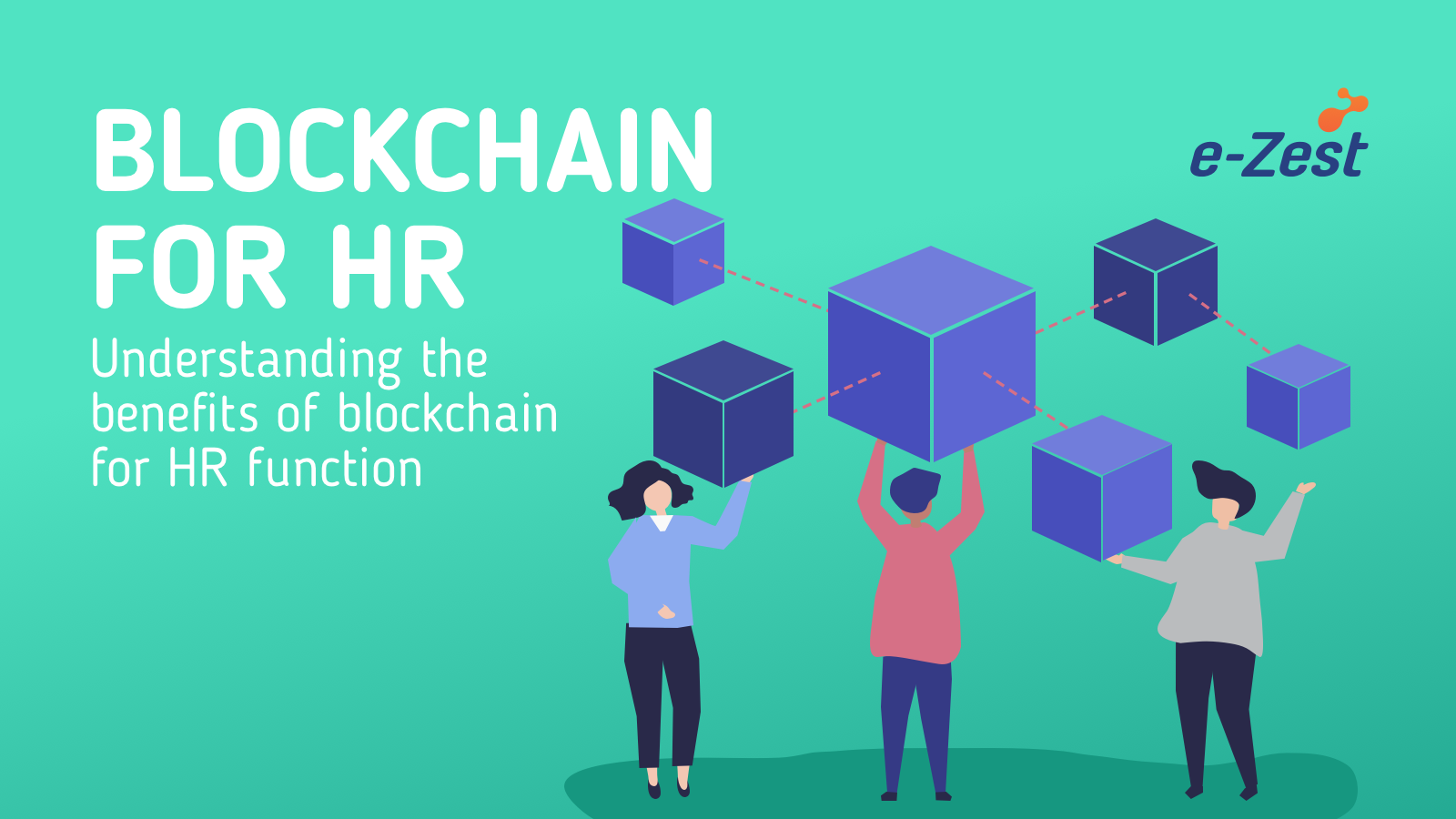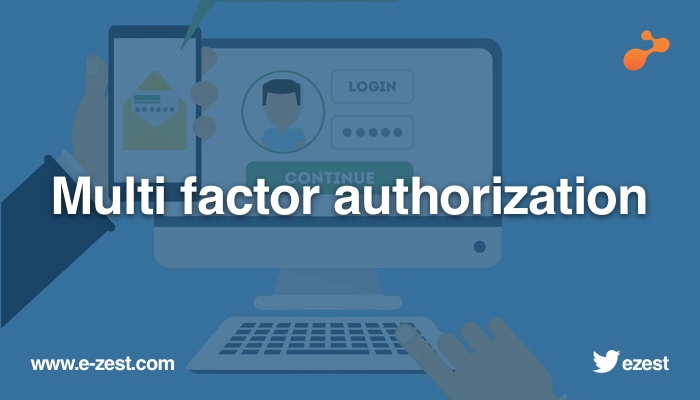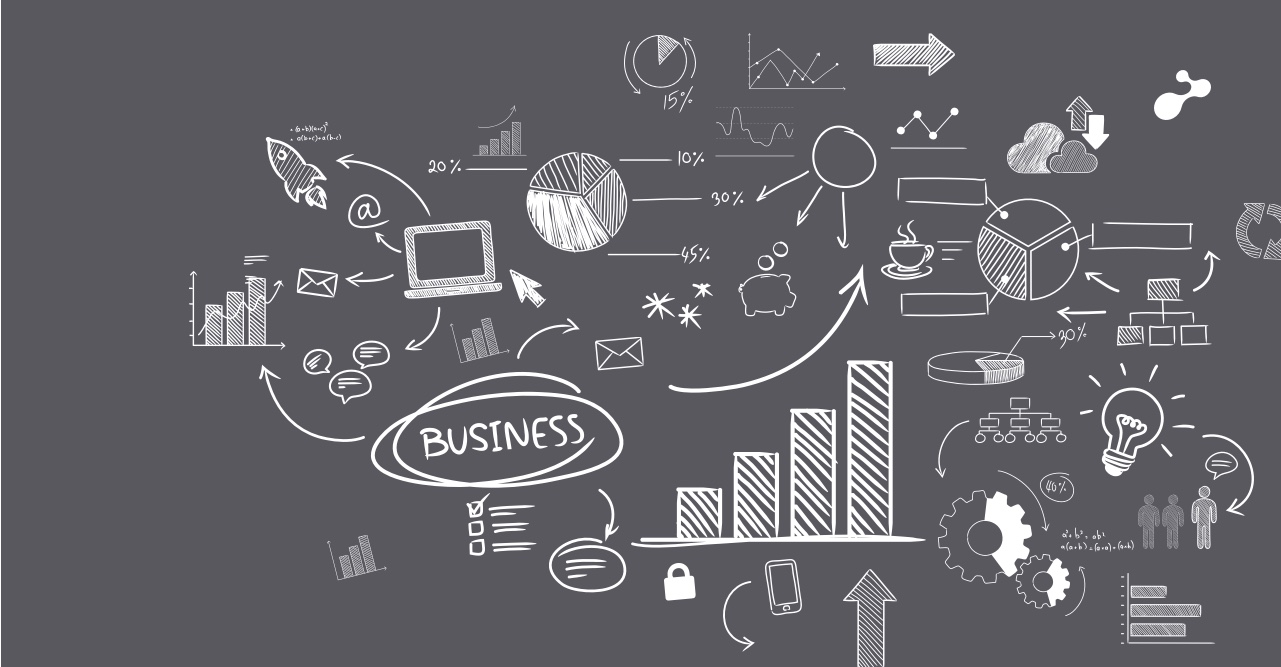Here are the three biggest challenges businesses face today:
Data Management - To effectively use data, businesses must be able to store and access it quickly and accurately. Without the proper systems and architecture in place, data can become unmanageable and inaccessible. Additionally, businesses must be able to detect and respond to any potential security threats. To do this, businesses must have robust security systems in place to protect their data from malicious actors.
Data Integration - As businesses continue to acquire more data, it is becoming increasingly difficult to integrate new data sources into existing systems. As a result, businesses are often unable to effectively utilize the data they have collected. To effectively manage data, businesses must be able to integrate new data sources quickly and efficiently.
Data Analysis - This requires businesses to have access to the right data analysis tools and the right personnel to interpret the data. Without the right tools and personnel, businesses may be unable to gain actionable insights from their data.
As we look ahead to 2023, businesses will need to develop effective data strategies to address these challenges:
- Implement robust security measures to protect data from malicious actors and invest in data integration solutions to effectively utilize data from multiple sources
- Focus on developing data analysis capabilities to gain insights from generated data
- Invest in Artificial Intelligence (AI) and Machine Learning (ML) solutions as these can be used to automate data processing and analysis tasks, allowing businesses to gain insights more quickly and accurately
- Develop ethical data practices to ensure that enterprise data is used responsibly
With technology constantly evolving, businesses must develop new strategies to address enterprise data challenges in order to stay ahead of the curve.
Here are five core elements of a data strategy that organizations dealing with a large amount of data need to address:
Data Quality: Ensuring that the data being collected and stored is accurate, complete, and relevant can be a major challenge. Tools such as data quality software, data profiling, and data cleansing can help organizations improve the quality of their data and reduce the risk of errors and inconsistencies.
Here are some data quality tools:
- Talend
- Informatica Data Explorer
- Trifacta Wrangler
- MS SQL Server Data Quality Services (DQS)
- SAP Information Steward
- Redpoint
Here are some data integration tools:
- Talend
- Apache Kafka
- Microsoft SSIS
- CloverETL
- Informatica PowerCenter
- Striim
- Oracle Data Integrator
Here are some data security tools:
- Endpoint Protection
- Identity and Access Management
- Data Loss Prevention
- Multi-factor Authentication
- Data Encryption
Here are some data governance tools:
- Collibra
- Alation
- Informatica Axon
- Talend Data Governance
- IBM InfoSphere
- Data3Sixty
- Ampool Moxie
Here are some data analytics tools:
- Tableau
- PowerBI
- MongoDB
- Apache Spark
- Hadoop
- KNIME
- SAS
- Google Analytics
e-Zest has been working collaboratively with its partners to chalk out the best fit/relevant Data Strategy to ensure alignment with Business Goals and Objectives whilst progressing on the Data maturity matrix. To know more write to us at info@e-zest.com or visit www.e-zest.com.

%20V5-05.jpg)



.jpg)


